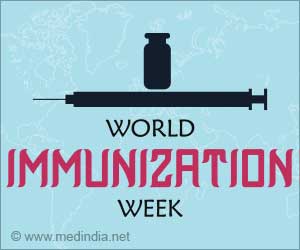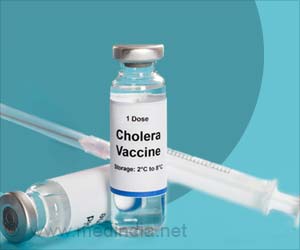
Side effects included a potentially dangerous skin rash known as Stevens-Johnson syndrome, strokes and lung disease.
Many patients involved in studies also had to switch to lower doses, the FDA said in a report ahead of a December 2 meeting of outside experts to discuss the findings and recommend whether the drug should come to market.
Eighty percent of patients in a Phase II study that began with a 300-milligram dose of the drug "required a dose reduction or interruption."
A subsequent study that gave patients a 100-milligram dose saw 21 percent require dosage to be reduced or stopped.
"Given the substantial toxicity seen with vandetanib, should its indication be limited to patients with progressive, symptomatic medullary thyroid cancer?" the FDA asked. "Should additional doses of vandetanib be explored?"
Advertisement
AstraZeneca expects to have a decision by January on its new drug application for vandetanib in patients with medullary thyroid cancer, a relatively rare disease that typically carries lower survival rates than other forms of thyroid cancer.
Advertisement
The company says the drug works by slowing tumor growth.
Vandetanib was initially set to be a treatment for lung cancer but AstraZeneca withdrew its request for the drug to be put on the market for such use in 2009 after studies showed it failed to extend survival rates.
Source-AFP














